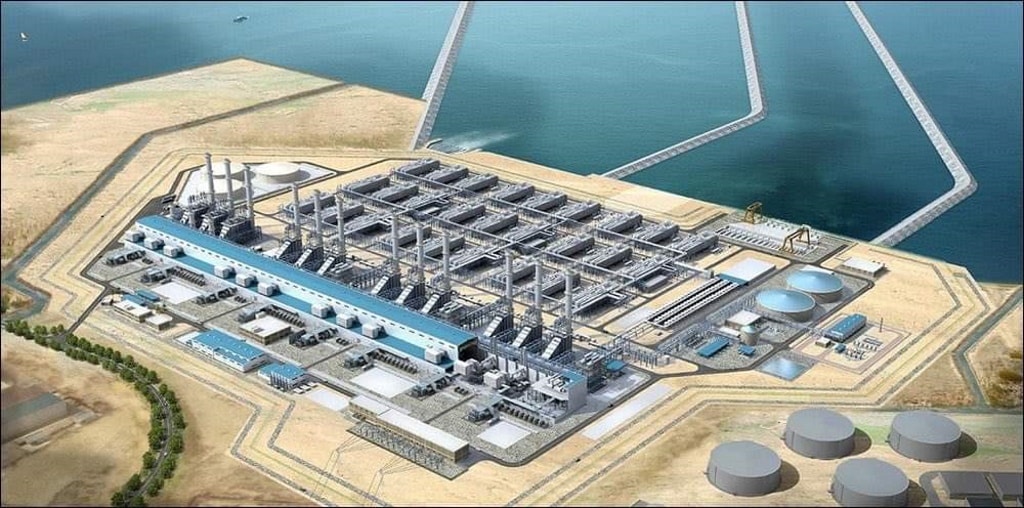Nothing is certain for the moment. But according to the Spanish daily El Economista, Abengoa intends to sell its shares in the Agadir seawater desalination plant that it built. This information comes barely four months after the end of the contractual tests on the new plant. This decision would be justified by the financial difficulties that Abengoa has been facing since 2016. This led to the company being placed in receivership in February 2020, according to the Spanish newspaper.
A 30-year PPP at stake
Several groups and investment funds have already shown their interest in the Spanish giant Abengoa. This is the case of its colleague Acciona or the French group Engie which is implementing a desalination project in the Casablanca-Settat region. When contacted by AFRIK 21, Abengoa officials did not confirm this share sale project. But they do not deny the existence of a transaction in progress for Abengoa’s factory in Agadir, Morocco.
In addition to the construction of the desalination plant, Abengoa was to operate the Agadir desalination plant over a period of 30 years under the terms of a public-private partnership (PPP) signed with the National Office of Electricity and Drinking Water (Onee) and the Moroccan Ministry of Agriculture, Maritime Fishing, Rural Development and Water and Forests.
Read also – MOROCCO: Towards a PPP for 5,200 hectares irrigated via desalination in Dakhla
Abengoa financed the desalination project for 41 billion Moroccan dirhams (nearly €3.9 billion) with its local partner InfraMaroc, an investment fund launched by CDG Capital and backed by Morocco’s Caisse de dépôt et de gestion (CDG). The new facility is capable of supplying 275,000 m3 of water per day, divided between the needs of the population of Greater Agadir (150,000 m3 per day) and the irrigation (125,000 m3 per day) of agricultural land. These plantations are located in the Chtouka plain, a large market gardening area. This capacity is expandable to 400,000 m3 per day. The project has also enabled the construction of an irrigation network for an area of 15,000 hectares.
Inès Magoum
